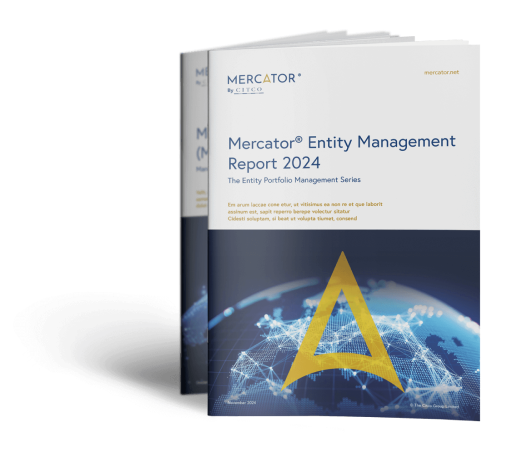The information contained in this document is marketing material and for informational purposes only. The information contained in this document is presented without any warranty or representation as to its accuracy or completeness and all implied representations or warranties of any kind are hereby disclaimed. Recipients of this document, whether clients or otherwise, should not act or refrain from acting on the basis of any information included in this document without seeking appropriate professional advice. The provision of the information contained in this document does not establish any express or implied duty or obligation between Citco and any recipient and neither Citco nor any of its shareholders, members, directors, principals or personnel shall be responsible or liable for results arising from the use or reliance of the information contained in this document including, without limitation, any loss (whether direct, indirect, in contract, tort or otherwise) arising from any decision made or action taken by any party in reliance upon the information contained in this document. © The Citco Group Limited, December 2024.
United Kingdom – Changes to filings and accounts with Companies House
The United Kingdom’s Economic Crime and Corporate Transparency Act 2023 (ECCTA) received Royal Assent on the 26th of October 2023 and introduces important changes to UK company law.
The following measures are expected to come into force in the first half of 2026:
1. Filing accounts by software only. Web-based and paper filing will no longer be acceptable by Companies House. For complex package accounts, Companies House is looking for solutions such as zip filings (although this is not yet confirmed).
2. Changes to small company filing options. Small and micro-entity companies will need to file their profit and loss accounts. Option for abridged accounts filing will be removed. Small companies that do not qualify as micro entities will also need to file a directors’ report.
3. Claiming an audit exemption. Any company claiming an audit exemption will need to give an additional statement from their directors on the balance sheet. Directors will need to specify which exemption is being claimed, and confirm that the company qualifies for the exemption.
The risk on non-compliance
Non-compliance may lead to:
- Companies’ accounts being rejected;
- Late filing penalty fees, which may increase following recent changes to Companies House fees.
Find out what else has changed – read a summary on recent changes to UK Company Law

